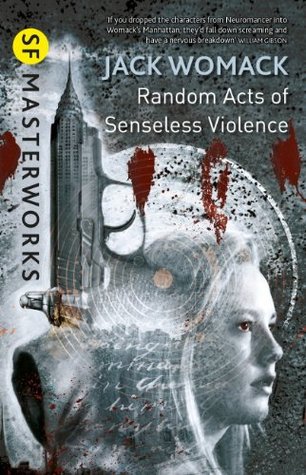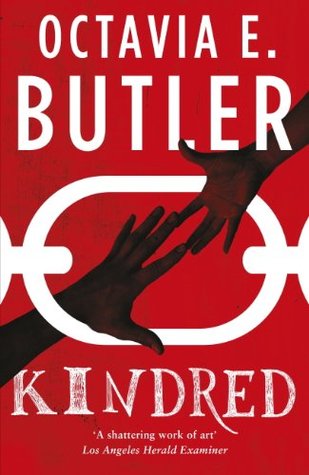The Tale of the Dueling Neurosurgeons is a slightly misleading title: there is not a single incident of dueling neurosurgeons in the book.
As a non-fiction, popular science primer on neuroscience, however, the books is splendid. I've heard quite a few of the anecdotes / case studies before, but this book pulls together all the incidents and anecdotes that have shaped neuroscience, and presents them in an engaging, fun way. It's like a "Horrible Histories" book for adults.
The book is not too bothered about chronological order; instead, it presents the knowledge obtained thus far by brain region and by type of brain functionality. This works very well - but it does give a somewhat more logical and structured impression than the history of neuroscience and its theories probably warrants. And there's always the sense that bigger, clearer discoveries might be just around the corner...
Many of the scenarios do resonate with me as a reader & movie watcher: clearly, the likes of Hitchcock and Philip K Dick were inspired very much by real conditions - and the effectiveness of uncanny stories is directly linked to how closely they resemble everyday (or not-so-everyday) brain misfirings...
I'd highly recommend this book to anyone - it is a compelling, entertaining and educational read: pop science as it should be done.
Rating: 5/5
As a non-fiction, popular science primer on neuroscience, however, the books is splendid. I've heard quite a few of the anecdotes / case studies before, but this book pulls together all the incidents and anecdotes that have shaped neuroscience, and presents them in an engaging, fun way. It's like a "Horrible Histories" book for adults.
The book is not too bothered about chronological order; instead, it presents the knowledge obtained thus far by brain region and by type of brain functionality. This works very well - but it does give a somewhat more logical and structured impression than the history of neuroscience and its theories probably warrants. And there's always the sense that bigger, clearer discoveries might be just around the corner...
Many of the scenarios do resonate with me as a reader & movie watcher: clearly, the likes of Hitchcock and Philip K Dick were inspired very much by real conditions - and the effectiveness of uncanny stories is directly linked to how closely they resemble everyday (or not-so-everyday) brain misfirings...
I'd highly recommend this book to anyone - it is a compelling, entertaining and educational read: pop science as it should be done.
Rating: 5/5






